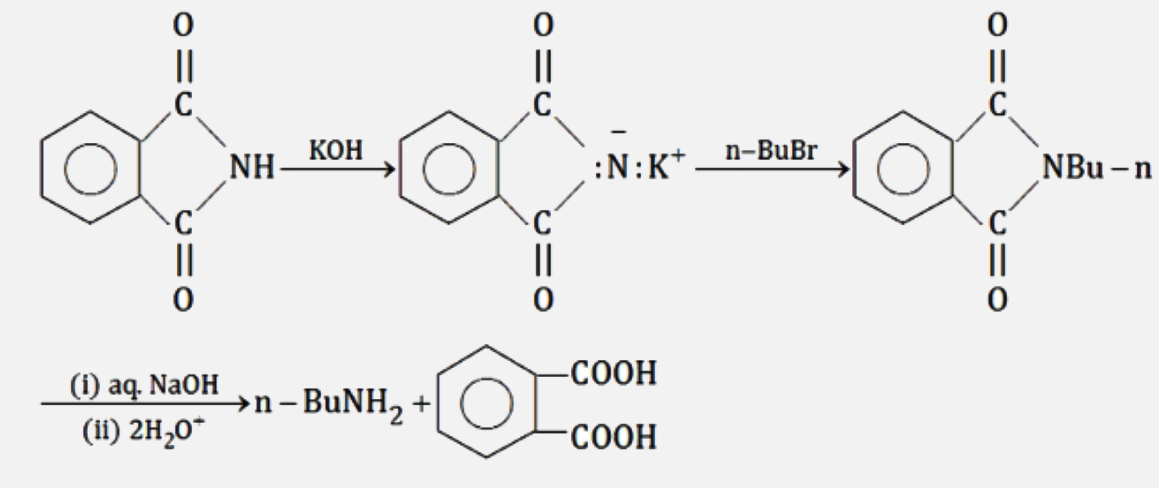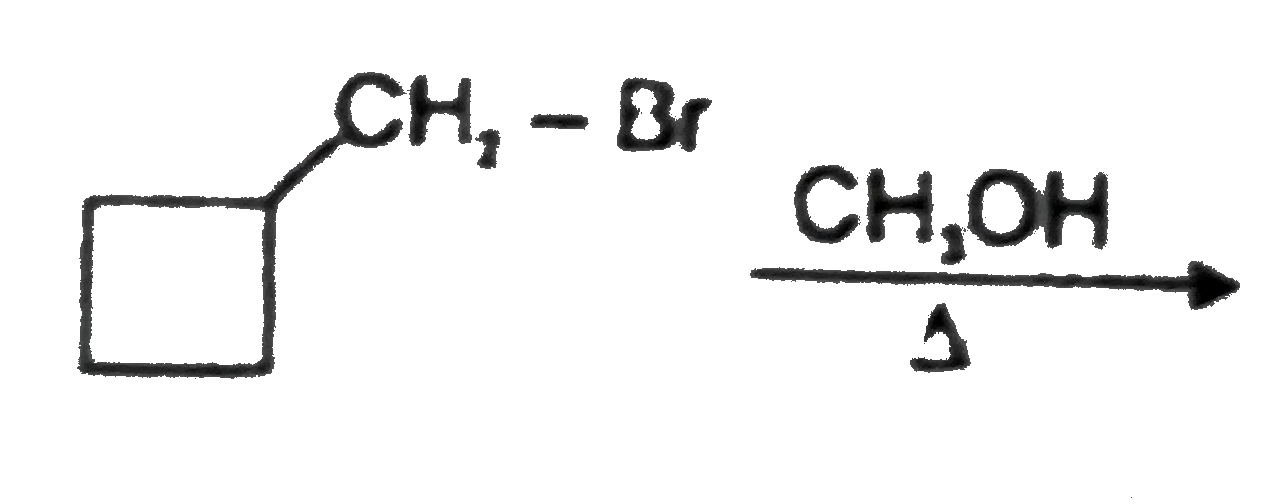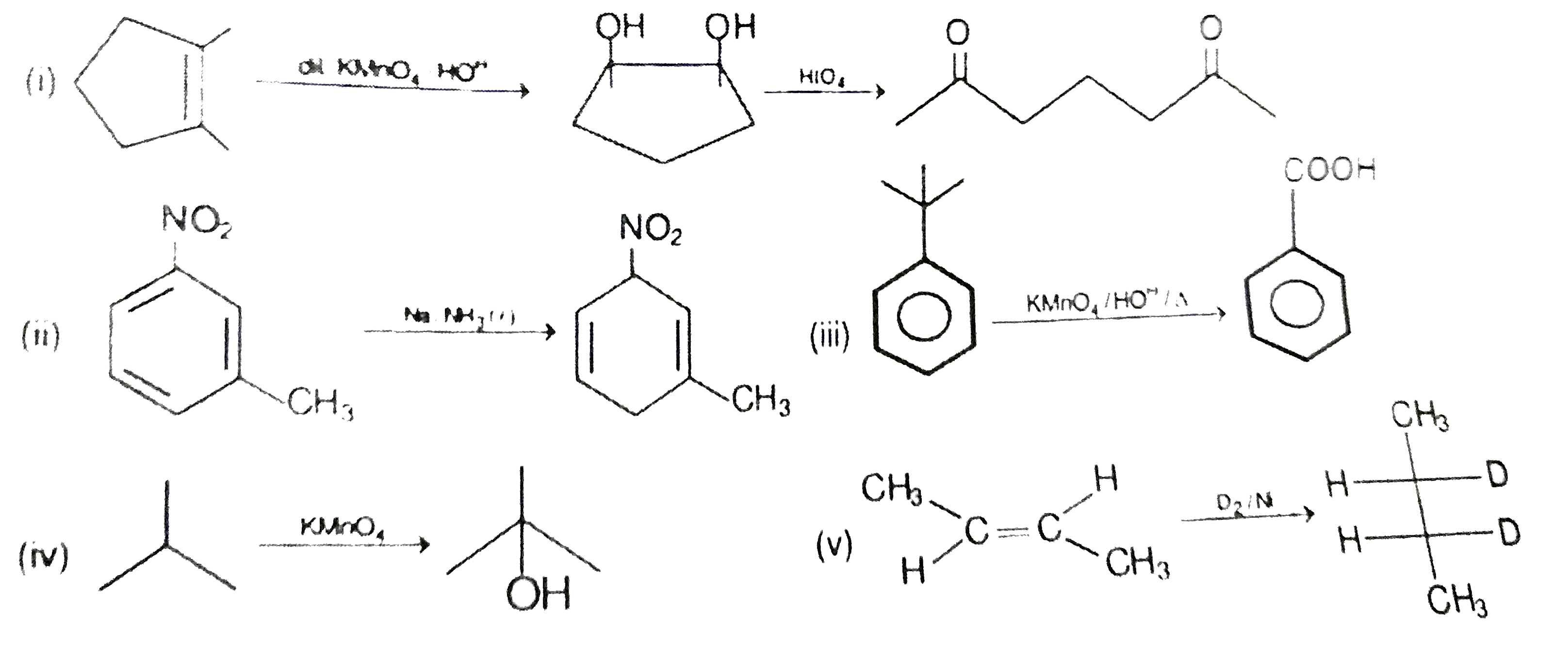Polymerization reactions that produce many macromolecules are called ............ Reactions
hydrolytic
condensation
carboxylation
amination
The correct Answer is:B
To answer the question "Polymerization reactions that produce many macromolecules are called ............ Reactions," we need to analyze the options provided and understand the nature of each reaction type.
1. Understanding Polymerization Reactions:
- Polymerization is a process where small units called monomers are chemically bonded together to form larger structures known as polymers or macromolecules.
2. Identifying the Correct Reaction Type:
- The question specifically asks for the type of reaction that leads to the formation of macromolecules.
3. Analyzing the Options:
- Hydrolytic Reactions: These reactions involve the breaking down of compounds by the addition of water. They do not produce macromolecules; instead, they break them down.
- Condensation Reactions: In these reactions, two or more monomers combine to form a larger molecule (macromolecule) while releasing a small molecule, often water. This is the process that indeed leads to the formation of macromolecules.
- Carboxylation Reactions: These involve the introduction of a carboxylic acid group into a substrate, but do not result in the formation of macromolecules.
- Amination Reactions: These involve the introduction of an amine group into an organic molecule, and like carboxylation, do not lead to the formation of macromolecules.
4. Conclusion:
- Based on the analysis, the correct answer is Condensation Reactions. These are the polymerization reactions that produce many macromolecules.
Final Answer:
Polymerization reactions that produce many macromolecules are called Condensation Reactions.
---
- Polymerization is a process where small units called monomers are chemically bonded together to form larger structures known as polymers or macromolecules.
- The question specifically asks for the type of reaction that leads to the formation of macromolecules.
- Hydrolytic Reactions: These reactions involve the breaking down of compounds by the addition of water. They do not produce macromolecules; instead, they break them down.
- Condensation Reactions: In these reactions, two or more monomers combine to form a larger molecule (macromolecule) while releasing a small molecule, often water. This is the process that indeed leads to the formation of macromolecules.
- Carboxylation Reactions: These involve the introduction of a carboxylic acid group into a substrate, but do not result in the formation of macromolecules.
- Amination Reactions: These involve the introduction of an amine group into an organic molecule, and like carboxylation, do not lead to the formation of macromolecules.
- Based on the analysis, the correct answer is Condensation Reactions. These are the polymerization reactions that produce many macromolecules.
Polymerization reactions that produce many macromolecules are called Condensation Reactions.
Topper's Solved these Questions
- BOOK - ICSECHAPTER - BIOMOLECULESEXERCISE - TEST YOUR PROGRESS (FILL IN THE BLANKS WITH APPROPRIATE WORDS.)59videos
BIOMOLECULES
- BOOK - ICSECHAPTER - BIOMOLECULESEXERCISE - TEST YOUR PROGRESS (STATE WHETHER THE FOLLOWING STATEMENTS ARE TRUE OF FALSE.)27videos
BIOMOLECULES
- BOOK - ICSECHAPTER - BIOLOGY ISC SAMPLE QUESTION PAPER 2019EXERCISE - PART-II (SECTION -C)6videos
BIOLOGY ISC SAMPLE QUESTION PAPER 2019
- BOOK - ICSECHAPTER - BODY FLUIDS AND CIRCULATIONEXERCISE - DIFFRENTIATE BETWEEN13videos
BODY FLUIDS AND CIRCULATION
Similar Questions
Knowledge Check
- Question 1 - Select One or More
The reaction
 produces : A
produces : A B
B C
C D
D
The reaction is called
 View Solution
View SolutionThe reaction that doses not produce nitrogen is :
View SolutionIn the given reaction how many products are expected.

View SolutionChemical reactions in which heat energy is evolved are called
View SolutionIf hydrogen is added in a reaction, it is called ..................... reaction.
View SolutionMany enzymes are produced in inactive state called
View SolutionHow many reactions are correct ?
 View Solution
View Solution

